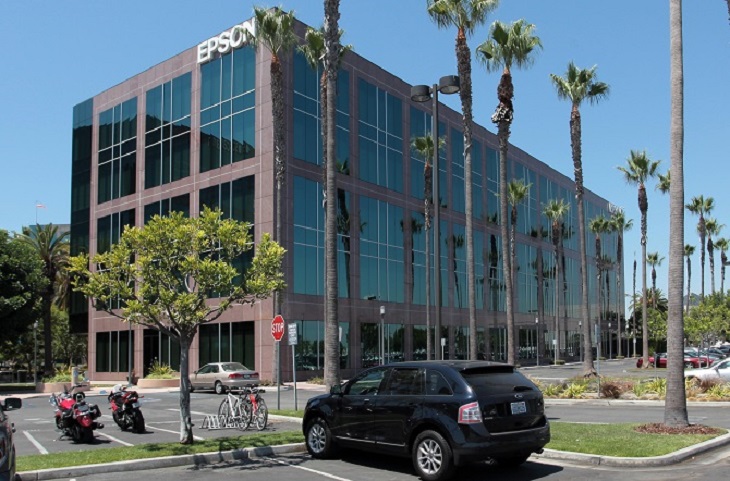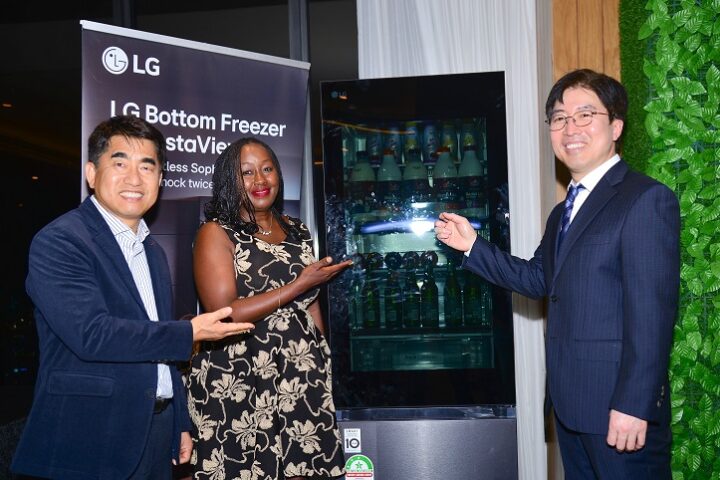Epson has been at the forefront, championing initiatives that foster a circular economy. Central to this commitment is the concept of a closed resource loop, emphasizing the reduction, reuse, and recycling of resources to minimize waste and environmental impact.
Epson’s Environmental Vision 2050 outlines the company’s dedication to achieving sustainability and enriching communities. This vision is not merely aspirational but is backed by concrete actions aimed at transformative change in manufacturing and product lifecycle management.
Here is a video from Epson:
To contribute to the formation of a circular economy, Epson is implementing several key strategies:
-
Product Design and Manufacturing: Epson focuses on making products smaller and lighter, thereby reducing material usage. The company also emphasizes the efficient use of limited resources by collecting and recycling end-of-life products.
-
Digital Inkjet Printing Solutions: By developing digital inkjet printing solutions, Epson aims to reduce the environmental impacts associated with traditional printing methods.
-
Resource Efficiency in Production: Epson is working to reduce emissions and preserve water resources in its production processes, contributing to the formation of a circular economy in which waste is minimized.
Epson is actively expanding its recycling initiatives:
-
Recycled Materials in Products: The company has developed printer housings that contain a percentage of recycled plastic, reducing the need for virgin materials.
-
Eco-Friendly Packaging: Epson has replaced Styrofoam cushioning in some products with materials recycled using its Dry Fiber Technology, which processes used paper into cushioning material.
Recognizing that achieving a closed resource loop extends beyond its operations, Epson collaborates with customers, communities, and industry partners worldwide. The company has established collection and recycling programs for end-of-life products in various regions, including the U.S., Canada, Brazil, Taiwan, India, Australia, and Japan.
Epson acknowledges the urgency of addressing climate change and has set specific goals to reduce greenhouse gas emissions. The company aligns its targets with the Science Based Targets initiative (SBTi) criteria, demonstrating a strong commitment to decarbonization.
Epson’s comprehensive approach to environmental sustainability exemplifies its dedication to creating a closed resource loop. Through innovative product design, efficient manufacturing processes, and global collaboration, Epson is making significant strides toward a more sustainable future. By prioritizing the reduction, reuse, and recycling of resources, the company not only minimizes its environmental impact but also sets a benchmark for others in the industry to follow.
Related Content: How Can Companies Drive Innovation In Sustainable Ink Production?










